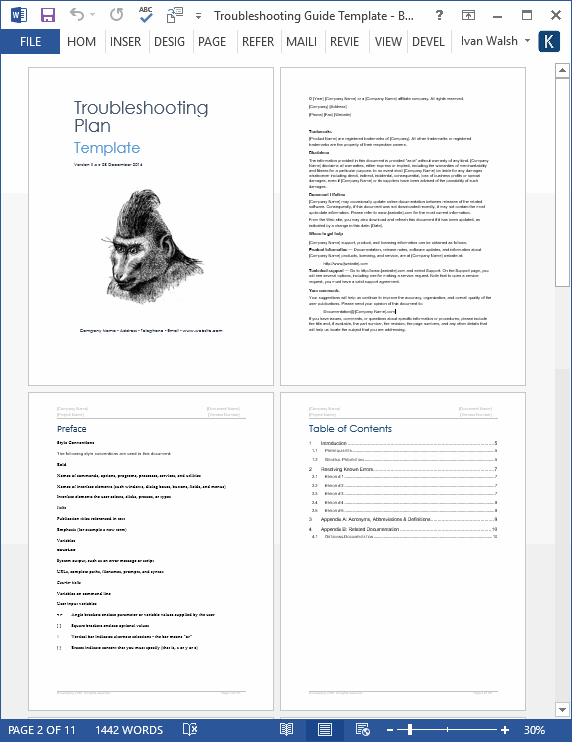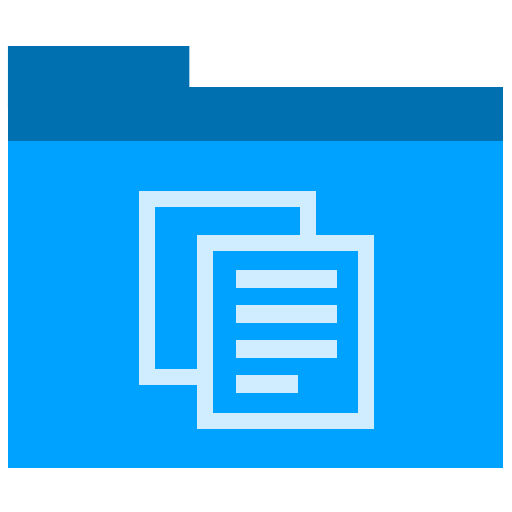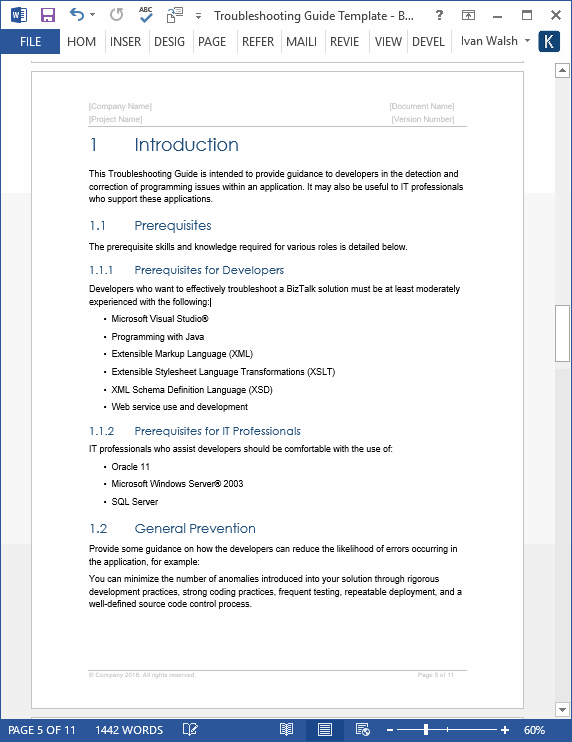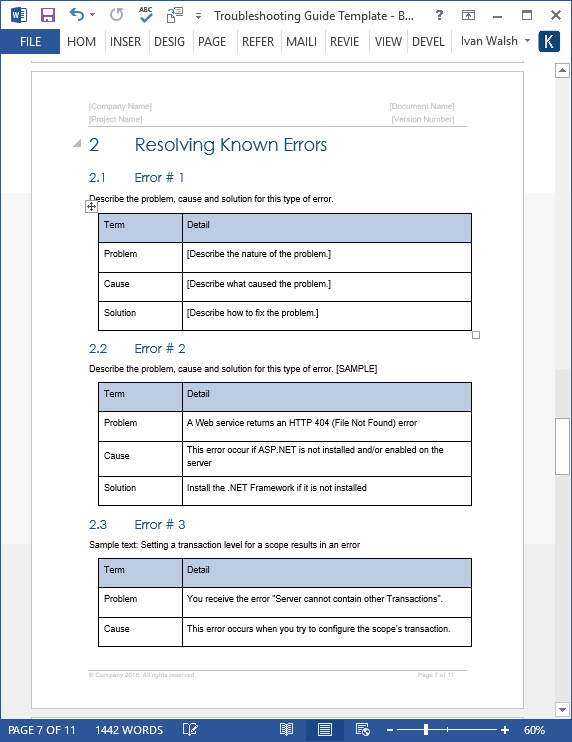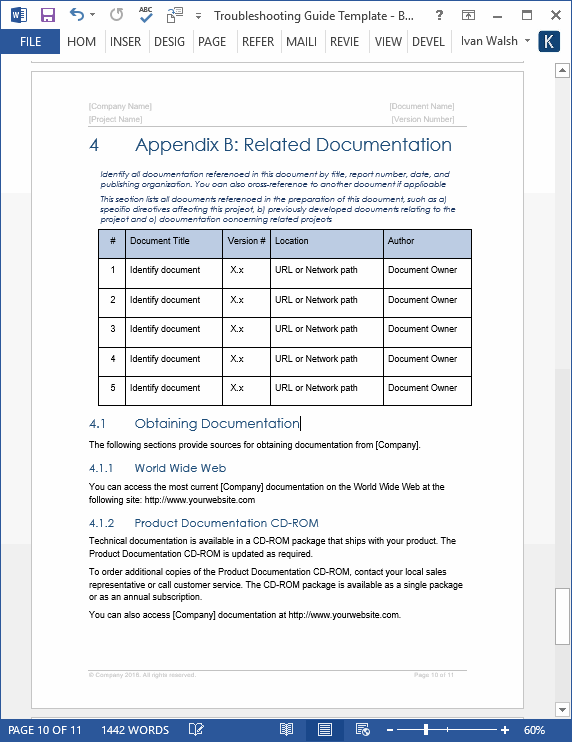You can use this Troubleshooting Guide template (MS Word 12 pages) to help users detect and correct problems with software, electrical or automotive systems.
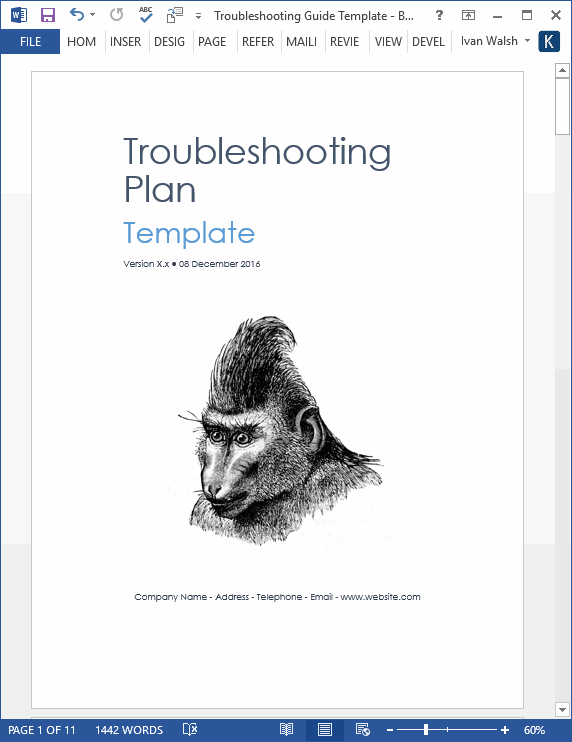
Download Your Troubleshooting Guide
Troubleshooting Guide Template: Purpose
Use this Troubleshooting Guide to:
- Help developers, users and testers when troubleshooting a new application, network, or testing cars, electrical or automotives.
- Identify prerequisite skills and knowledge required for various roles is detailed below.
- Identify what Developers or Users must be experienced with before using the software, car or device.
- Provide guidance on how developers can reduce the likelihood of errors occurring in the application.
- Describe how you can minimize the number of anomalies introduced into your solution through development practices, better coding, frequent testing, repeatable deployment, and source code control processes.
- Discuss Development Best Practices, such as how to minimize the errors introduced into your application by following a consistent rule for naming namespaces.
Troubleshooting Guide Template: Blue Theme
These are screenshots of some of the templates included in this template pack.
Troubleshooting Guide Template: Red Theme
More screenshots of the template included in this pack.
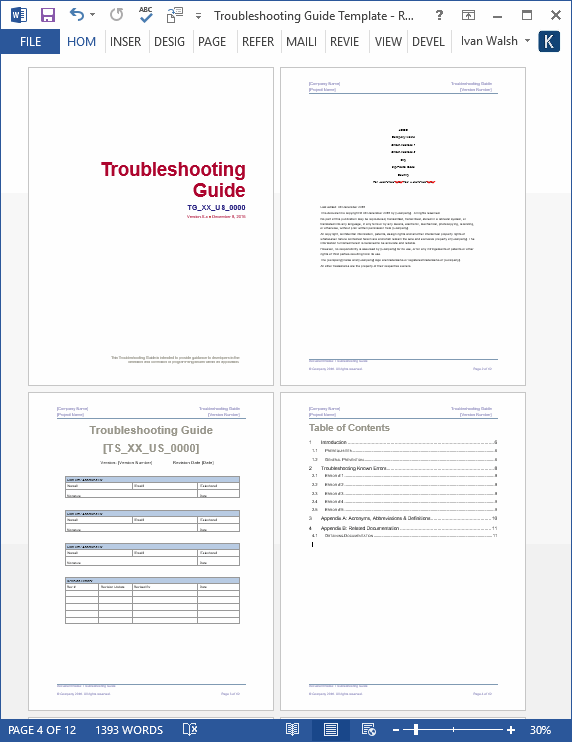
Table of Contents
1. Introduction
1.1. Prerequisites
1.1.1 Prerequisites for Developers
1.1.2 Prerequisites for End Users and IT Professionals
1.2 General Prevention
1.2.1 Application Development
1.2.2 Best Practices
2 Troubleshooting Q & A
2.1 Common Error # 1
2.2 Common Error # 2
2.3 Common Error # 3
2.4 Common Error # 4
2.5 Common Error # 5
3 Appendix A: Acronyms, Abbreviations & Definitions
4 Appendix B: Related Documentation
5 Obtaining More Documentation
Who Should Use This Troubleshooting Guide?
This document is designed to help end users, developers, and System Administrators who are building, deploying, and using your application.
Of course, as this template is very easy to modify, you can use it for other areas, such as when troubleshooting cars, automobiles, electrical appliances, home systems, and networks. The layout of this template means that you can adjust it very quickly and use it for your own requirements.
Typographical Conventions
To make this document more useful, we’ve added the following typographical conventions to highlight key information:
Bold – Command and option names appear in bold type in definitions and examples. The names of directories, files, machines, partitions, and volumes also appear in bold.
Italic – Variable information appears in italic type. This includes user-supplied information on command lines.
Monospace – Screen output and code samples appear in monospace type.
Square brackets [ ] surround optional items.
Angle brackets < > surround user-supplied values.
Percent sign % represents the regular command shell prompt.
Troubleshooting Guide Template: Instant Download
